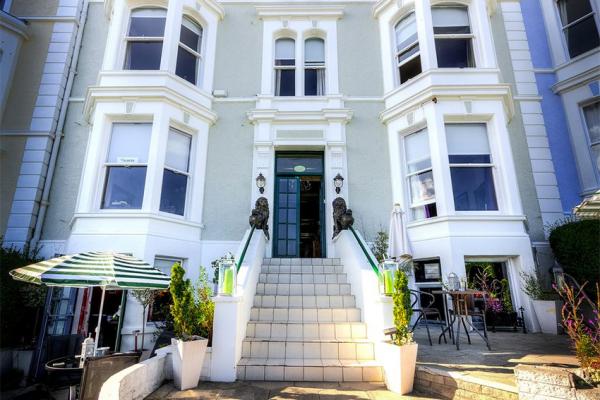Restrictive Covenant Modified to Allow Boutique Hotel to Expand
Hidden within the title deeds of many homes are restrictions on the uses to which they can be put and it takes a trained professional eye to spot them. In a case on point, one such restriction came close to derailing a boutique hotel’s expansion plans.
The owners of the hotel had paid £450,000 for the house next door with a view to converting it into an annexe that would provide four further guest bedrooms. They obtained planning permission for the conversion, but the house was subject to a restrictive covenant requiring that it only be used as a single dwelling house.
A couple who lived nearby objected to the conversion on the basis that the project would disturb the tranquillity of their home and impinge upon their privacy. They were concerned that their garden would be overlooked by hotel guests and that taxis would deliver rowdy holidaymakers to the hotel at all hours of the day and night. The dispute was referred to the Upper Tribunal (UT) for resolution.
In modifying the covenant to enable the conversion to proceed, the UT found that the single dwelling house restriction brought no practical benefits of substantial value or advantage to the couple. The small and discrete hotel, which charged guests over £200 per night, was unlikely to attract raucous elements and the couple’s garden, however beautifully kept, was not particularly private and was insufficiently interesting to attract the curious gaze of guests.
In order to reasonably protect the couple’s privacy, the UT maintained the covenant’s requirement that the house should not be used for any noisy, offensive or dangerous trade or pursuit. The hotel owners would also be forbidden from installing decking, patios or garden furniture in the property’s garden.
Stephen & Anr v Lewis & Ors.
